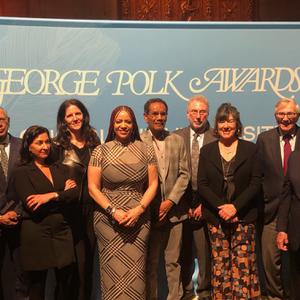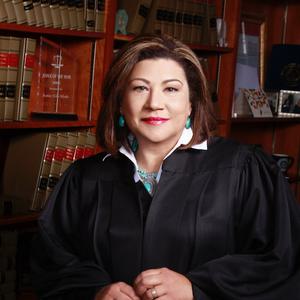A new coalition of religious and civic organizations is seeking to stop the exclusion of individuals who express moral or religious opposition to the death penalty from serving on capital juries. I Want to Serve is a new organization based in Louisiana that “oppose[s] the government’s intrusion on one’s right to express religious beliefs on capital juries.” The group notes that the process of excluding jurors who oppose the death penalty from capital cases—known as death qualification—eliminates a large proportion of the otherwise-qualified jurors. The coalition points to research finding death-qualified juries to be demographically skewed, more prone to conviction, and more likely to make factual errors than non-death-qualified juries. In its statement, the group objects to people being denied a fundamental right of citizenship because of their religious beliefs: “Jury service is a fundamental right of citizens and empowers us to keep a check on state power… .The voice of all those who do not think the death penalty is an appropriate punishment are removed from that determination.”
Former Supreme Court Justice John Paul Stevens also expressed concerns about death-qualification in his 2008 concurrence in Baze v. Rees: “[T]he process of obtaining a ‘death qualified jury’ is really a procedure that has the purpose and effect of obtaining a jury that is biased in favor of conviction. The prosecutorial concern that death verdicts would rarely be returned by 12 randomly selected jurors should be viewed as objective evidence supporting the conclusion that the penalty is excessive.” The I Want to Serve website presents statements made during jury selection by jurors who were excluded from service.
(I Want to Serve website, posted December 29, 2011). See Arbitrariness, Religion, and Louisiana.




